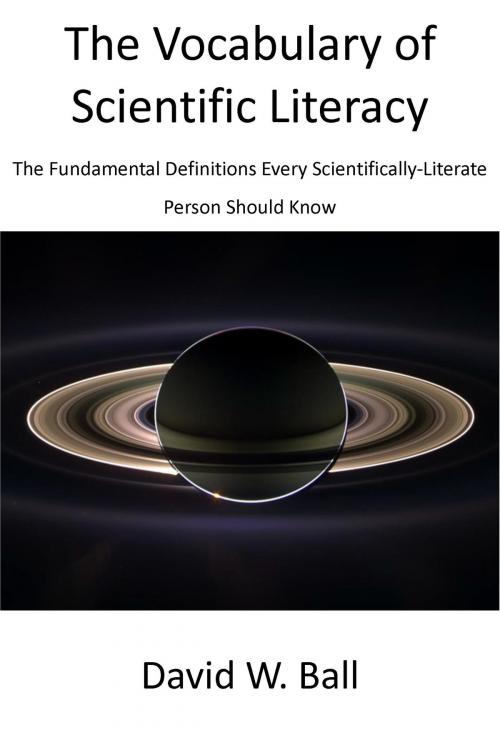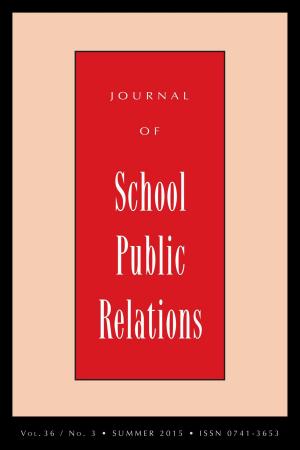The Vocabulary of Scientific Literacy: The Fundamental Definitions Every Scientifically-Literate Person Should Know
Nonfiction, Science & Nature, Science, Other Sciences, Reference| Author: | David Ball | ISBN: | 9780463170694 |
| Publisher: | David Ball | Publication: | September 6, 2018 |
| Imprint: | Smashwords Edition | Language: | English |
| Author: | David Ball |
| ISBN: | 9780463170694 |
| Publisher: | David Ball |
| Publication: | September 6, 2018 |
| Imprint: | Smashwords Edition |
| Language: | English |
Science literacy is becoming more and more important as our society progresses. Even everyday issues have science components: What we eat, how we communicate, how we entertain ourselves, how we educate ourselves all have scientific or technological influences. Yet the US typically lags behind other nations in general surveys of science literacy.
One basic component of any literacy is its vocabulary, and science is no different. In this book, David W. Ball presents the definitions of key words as used in science, not everyday conversation. Only when these words (there are only eleven of them!) are properly understood can true science literacy be sought. Given the impact of technology in our lives, better science literacy means that society as a whole can make better-informed decisions as it moves forward.
Science literacy is becoming more and more important as our society progresses. Even everyday issues have science components: What we eat, how we communicate, how we entertain ourselves, how we educate ourselves all have scientific or technological influences. Yet the US typically lags behind other nations in general surveys of science literacy.
One basic component of any literacy is its vocabulary, and science is no different. In this book, David W. Ball presents the definitions of key words as used in science, not everyday conversation. Only when these words (there are only eleven of them!) are properly understood can true science literacy be sought. Given the impact of technology in our lives, better science literacy means that society as a whole can make better-informed decisions as it moves forward.















